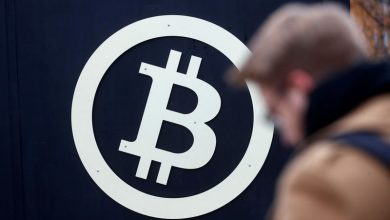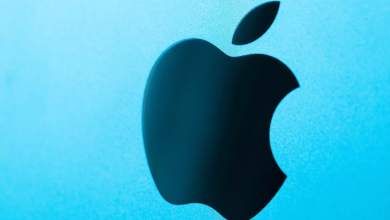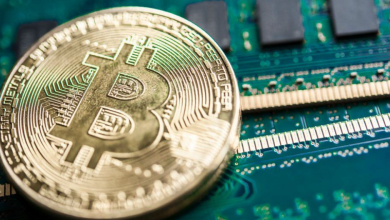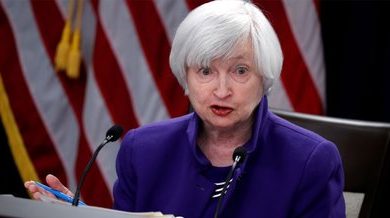Everything changed after the war: Russia’s best friend is China’s biggest test!
The conflict, which began when Russia decided to operate and entered Ukrainian territory, lasted a week. At the end of this move, Russia is now more isolated than ever in the world… The position of Shi Jinping, one of Putin’s closest friends, and China, Russia’s biggest ally, is complicated by the decision that it has never been…
Russia Hours before President Vladimir Putin announced his military operation in eastern Ukraine, he accused the United States, Moscow and Beijing of merging to create a world order that was “not liberal at all.”
The Ukraine-Russia crisis poses a major challenge for China in many areas.
It is understandable that the diplomatic relationship between Russia and China is closer than ever, with Putin one of the few world leaders to attend the Winter Olympics in Beijing as other countries boycott.
It is noteworthy that Putin is waiting until the end of the Olympics to formally recognise the two separatist-controlled regions in eastern Ukraine and send troops there.
In public statements, the Chinese government urged all parties to reduce tensions in Ukraine.
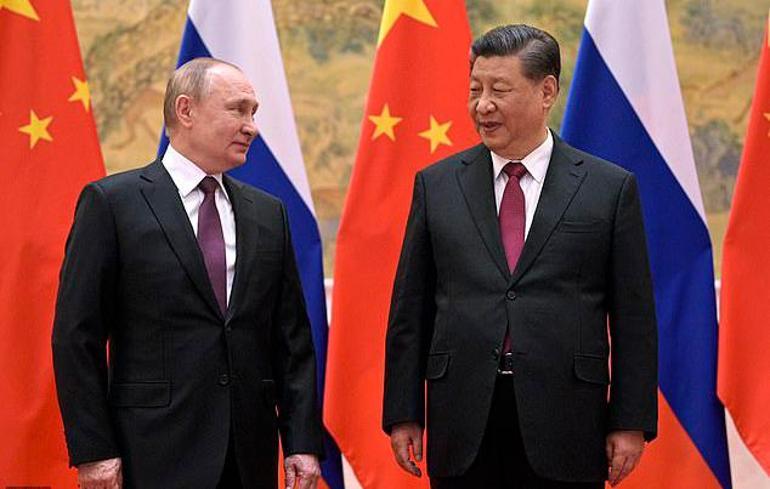
But now that Russia has dissipating all this pressure, what about China’s official position as the conflict escalates?
The Chinese government, which believes it cannot be seen supporting a war in Europe, also wants to strengthen its military and strategic ties with Moscow.
China, Ukraine’s number one trading partner, wants to maintain good relations with Kiev, but its ally with the government sending troops to its territory could complicate this.
There is also the possibility that his trade with Western Europe could backfire, given his support for Russia.
WILL CHINA’S FOREIGN POLICY CHANGE?
The reason for the constant abscurity of Chinese leaders was that they did not interfere in the internal affairs of others and did not interfere in the internal affairs of other countries.
Last week, however, surprisingly, China abstained in a United Nations Security Council vote condemning the invasion of Ukraine.
Some analysts had expected Beijing to join Russia in the vote, but the lack of it was described as a “win for the West.” It was a sign of Beijing’s stay away from interference.
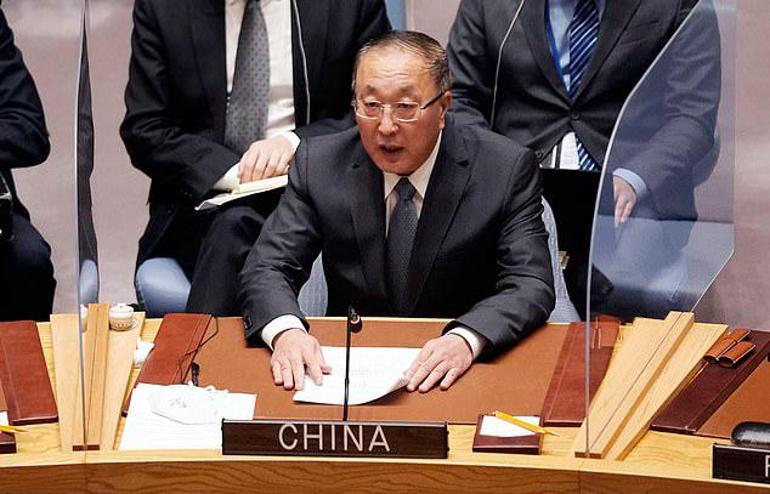
But as Chinese Foreign Ministry spokesman Venbin Vang’s refusal to describe what is happening in Ukraine as an “invasion” will show, the country is still far from condemning the current situation.
There are also unconfirmed reports that Beijing is aware of the situation and deliberately ignores it.
Washington has repeatedly urged China in recent months to intervene in the problem and send a message to Russia not to invade Ukraine, according to a report by the New York Times, referring to unidentified U.S. officials. U.S. officials later said beijing had learned that it shared the information with Moscow, that the United States wanted to sedve discord and that China would not try to thwart Russia’s plans.
PARALLELS ESTABLISHED OVER TAIWAN
What worries the Communist Party of China the most is how this can change its own people and their worldview.
That is why conversations about the situation in Ukraine in the press and on social media are manipulated and controlled.
It wouldn’t have been long before Taiwan got involved.
The self-governing island is seen by the Party as a rebellious province that should actually merge with the mainland.
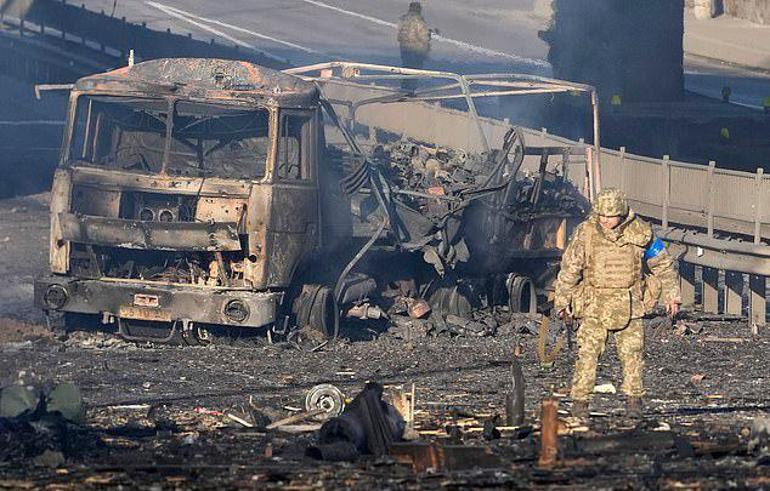
Nationalists who used Russia’s invasion of Ukraine for their own nations wrote on Weibo, the social media app China uses instead of Twitter, that they see it as “the best chance to take back Taiwan.”
If the Chinese government tries to take taiwan by force in recent days while refusing to impose sanctions on Russia, which would be bloody and costly, it knows it could receive similar treatment.
Foreign Ministry spokesman Chunying Hua told a regular news conference in Beijing that China never thought sanctions were the best way to solve problems.
But if Chinese citizens begin to agree with Russia’s justification for invading Ukraine and the idea of applying it to their own countries, the whole explanation of the country’s current borders could be turned upside down.
CENSORSHIP AND CRITICISM ON SOCIAL MEDIA
Vladimir Putin says he has freed Russian-speaking people in Ukraine.
What about ethnic Mongols, Koreans, Kyrgyzs and others who are now part of China? What if Tibetans or Uighurs renew their calls for greater autonomy and even independence?
The absence of this is more important to Chinese President Shi Jinping than anything else.
So just look at the statements on Chinese social media to see how the government is guiding the public on Putin’s actions in Eastern Europe.
On Monday, China’s official beijing daily newspaper shared a call from the Russian Embassy in Beijing on social media to “not help the ‘neo-Nazi’ government in Kiev.”
Comments on social media about Ukraine and Russia are also tightly controlled.
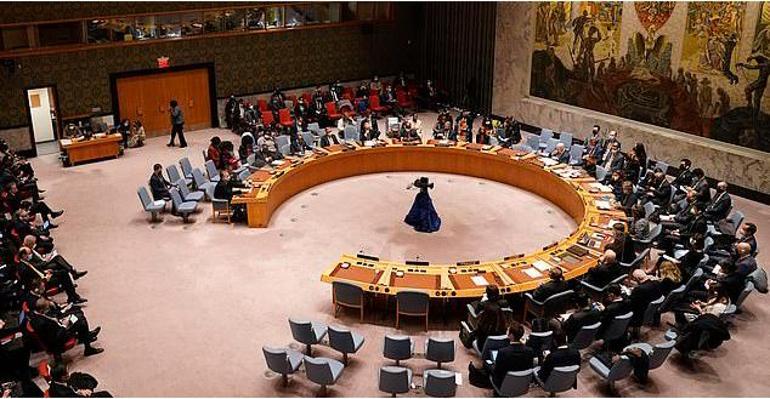
Posts such as “Putin is amazing”, “I stand against the United States, I support Russia”, “America always wants to create confusion in the world” circulate on Chinese social media.
But It’s clear that China is still a little cautious.
The Chinese Embassy in Kiev reversed a statement issued by the Chinese Embassy advising its citizens to hang Chinese flags on their cars to “show China’s strength” while helping each other.
A few days after the war began, people were advised not to “freely reveal their identity or show identifying signs.”
Some believe the change is due to fears that when reports of Communist Party media supporting Putin’s actions reach Ukraine, it could endanger the Chinese people.
But there are still critics who manage to make their voices heard.
Over the weekend, five leading Chinese academics wrote an open letter condemning Russia’s actions.
“It’s an invasion,” said Guoqi Shu, a historian. As the Chinese say, you can’t call a deer a horse.”
The letter was censored and removed from the internet hours after it was published.
While it is not known how many such posts have been censored and which of the U.S. critics have come forward, it is difficult to get a real idea of how many people in China are calling for peace.
One social media user wrote: “I don’t understand why so many people support Russia and Putin. Is the occupation seen as justice? We must oppose any kind of war.”
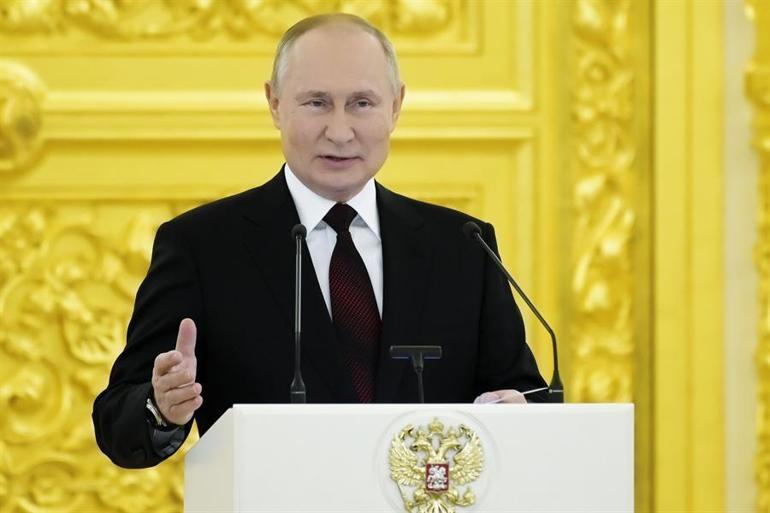
Another says: “Putin clearly intervenes in the internal affairs of another country, recognising the independence of Ukrainian separatist regions.”
This latest post refers precisely to the way China does not want its people to come.
That’s the essence of the minefield the Chinese government is going through.
When asked at a news conference if what is happening now in Ukraine is an invasion, Foreign Ministry spokesman Chunying Hua said “the historical context is complex” and that the current situation “stems from a different factor.”
There’s a lot of confusion in Europe. Shi’s country has some big choices to make in dealing with this.




